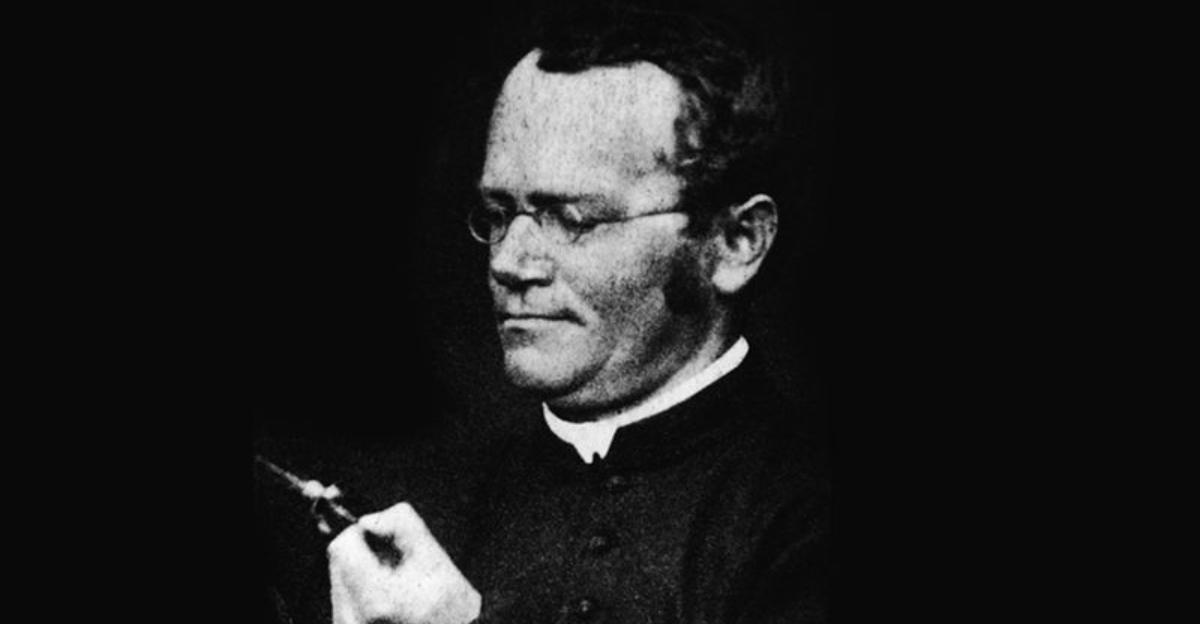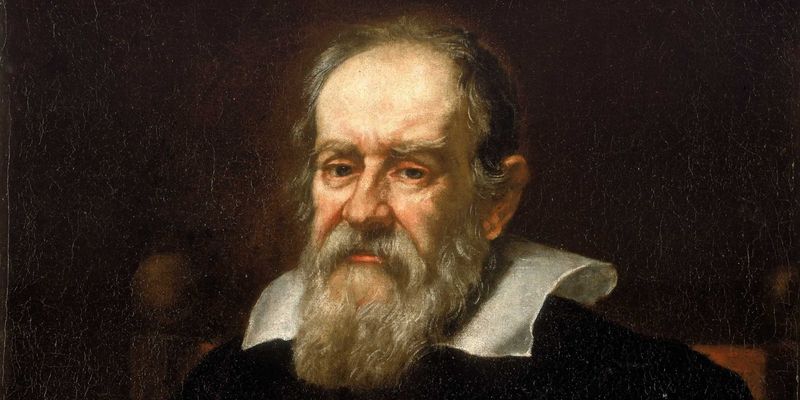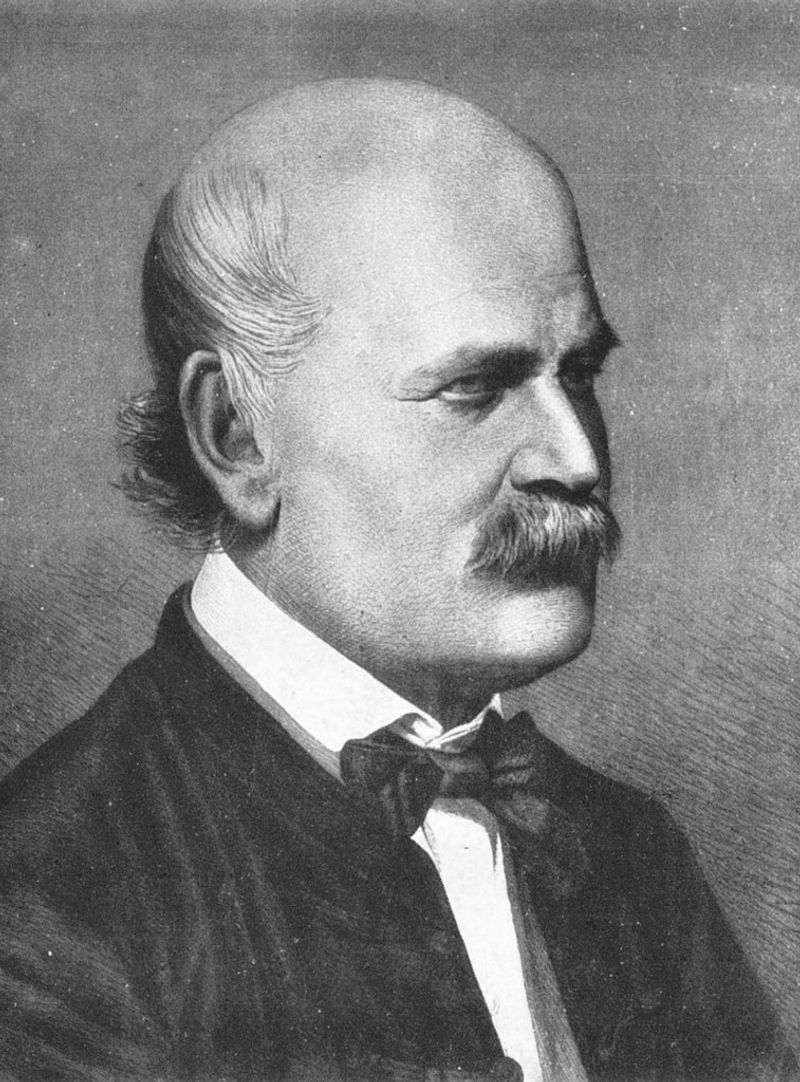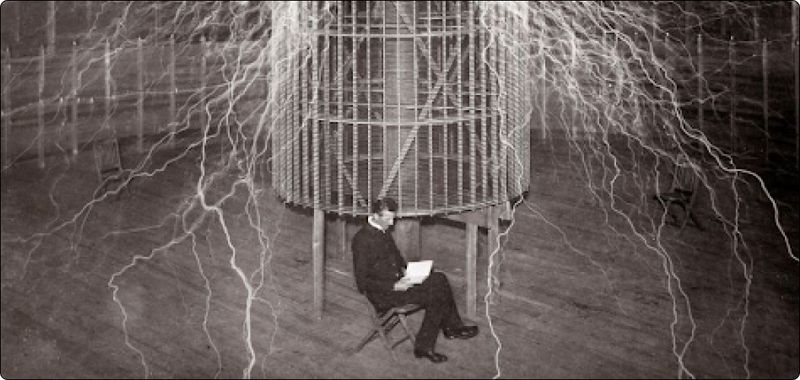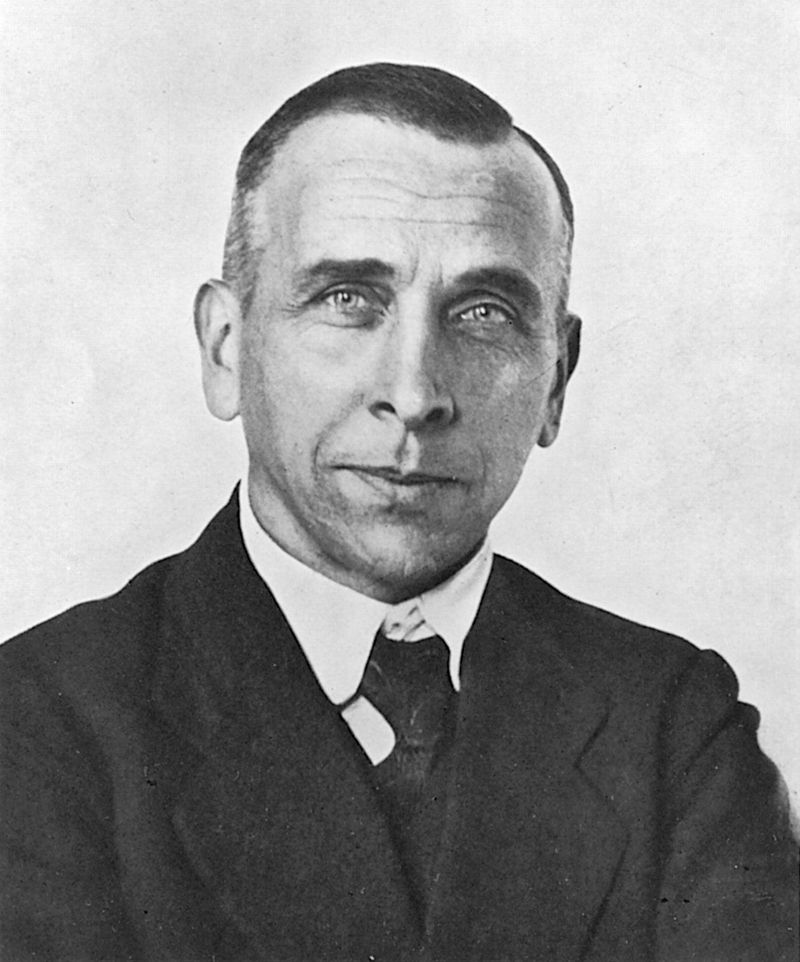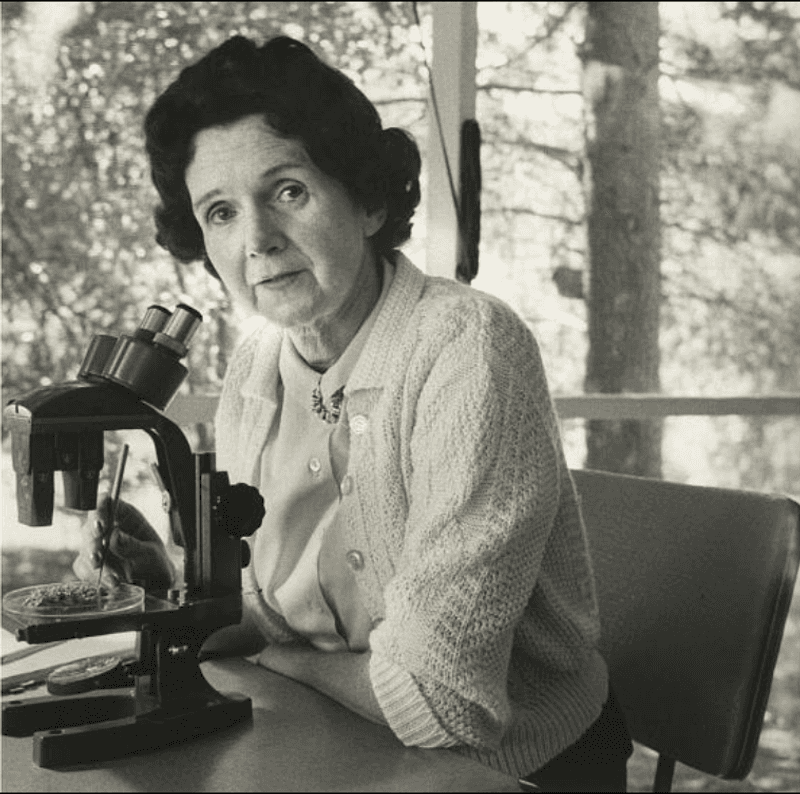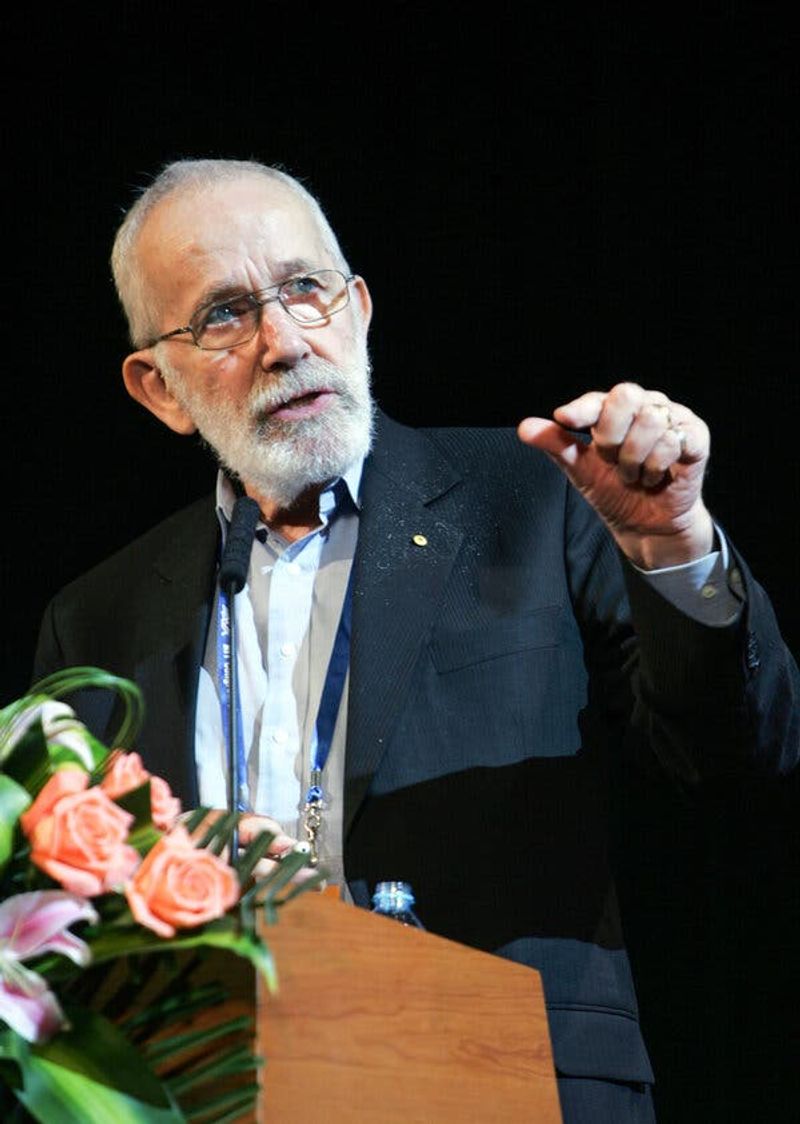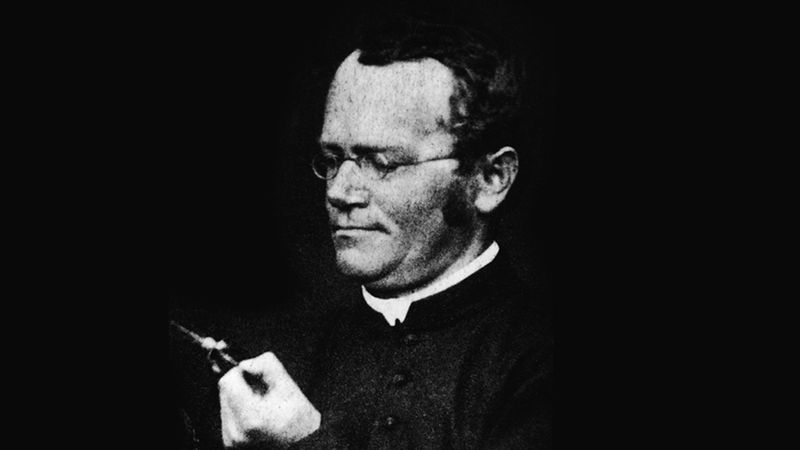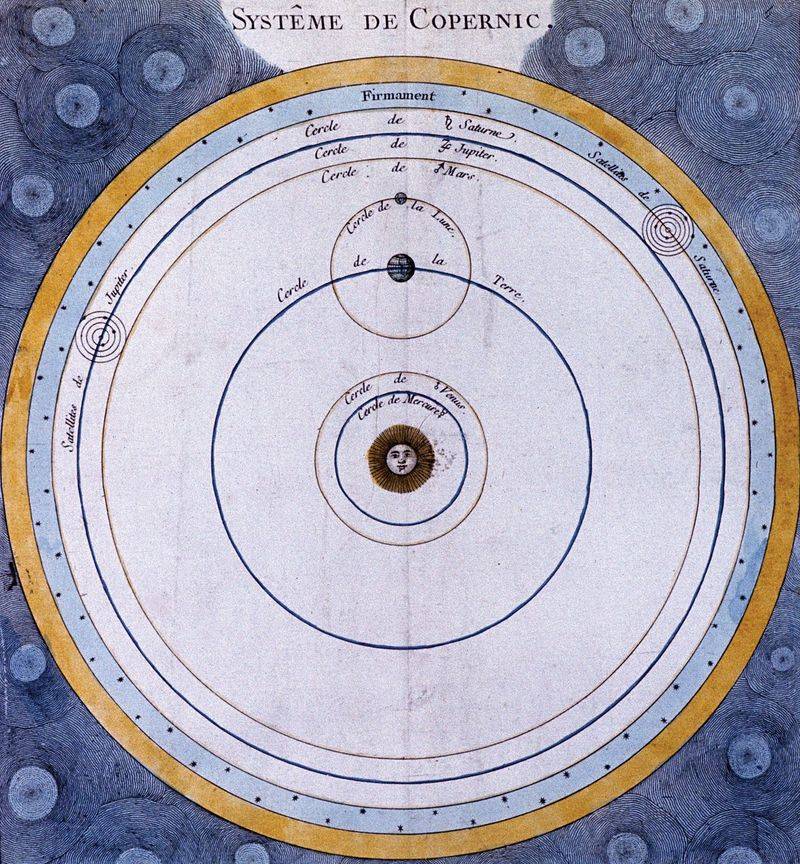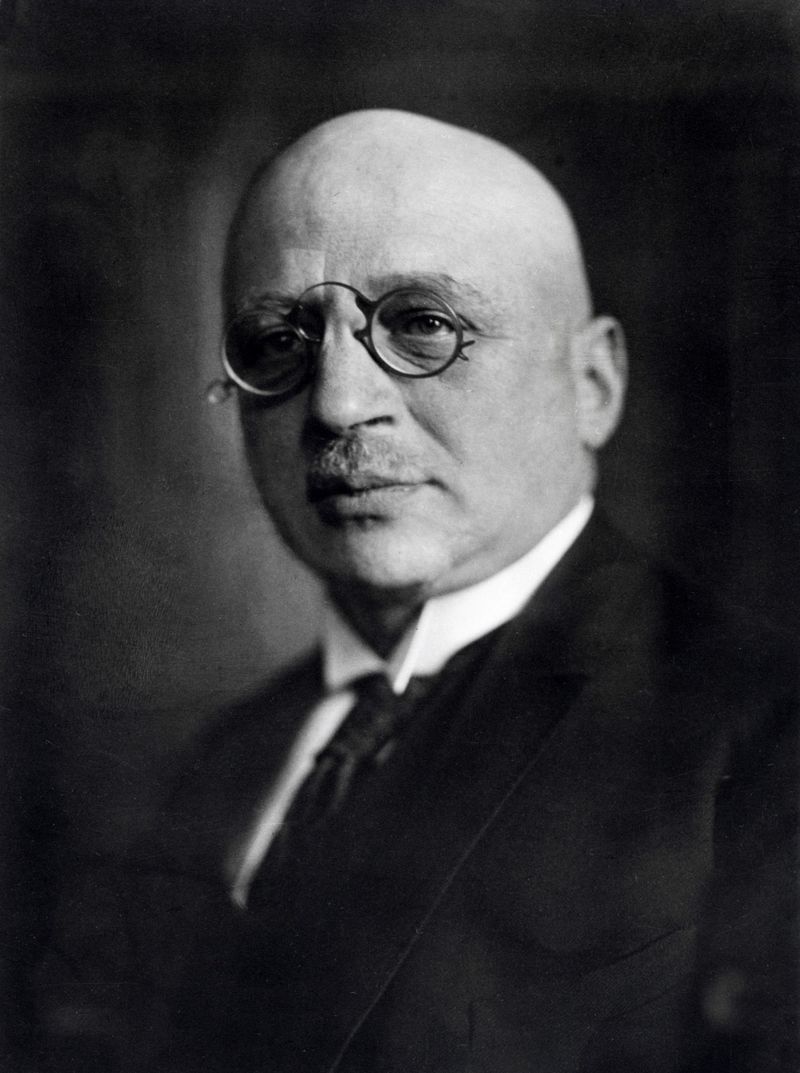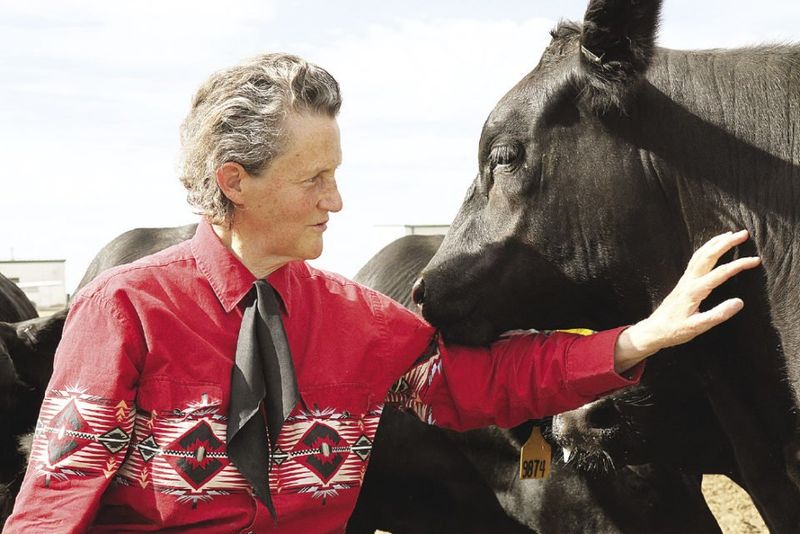Throughout history, numerous visionaries were dismissed or ridiculed for their groundbreaking ideas, only to be vindicated years or centuries later. This blog post explores ten such individuals who, despite facing immense skepticism and opposition, ultimately changed the world with their revolutionary thoughts. From astronomers who challenged the cosmos to biologists redefining medical practices, these figures embody the power of perseverance and innovation. Join us in uncovering the stories of those who dared to think differently and proved their critics wrong, forever altering the course of human understanding and progress.
1. Galileo Galilei (1564–1642)
Galileo Galilei was a brilliant astronomer challenged by the orthodox beliefs of his time. In a daring move, he championed heliocentrism, asserting that the Earth revolved around the Sun. This defied the geocentric model favored by the Church, leading to his infamous trial. Forced to recant under threat of torture, Galileo spent his last years under house arrest, yet his ideas endured. Centuries later, science confirmed his theories, and the Vatican officially apologized in 1992. Galileo’s courage in the face of adversity remains a testament to the relentless pursuit of truth.
2. Ignaz Semmelweis (1818–1865)
Ignaz Semmelweis, a Hungarian physician, dared to suggest that handwashing could prevent infections. This idea, now commonplace, met with jeers and scorn from his peers. They dismissed his findings, viewing them as inconsequential and fired him from his position. Despite the backlash, Semmelweis persisted, driven by his unwavering belief in his research. Years later, the germ theory of disease validated his claims, transforming hygiene practices worldwide. Today, Semmelweis is celebrated as a pioneer of antiseptic procedures, his struggle emblematic of the fight against ignorance in medical history.
3. Nikola Tesla (1856–1943)
Nikola Tesla, a genius inventor, envisioned a future powered by wireless energy and alternating current. His futuristic ideas, including drones and wireless communication, were deemed fanciful. Thomas Edison, once his employer, became a saboteur, and investors soon abandoned him. Undeterred, Tesla continued working, believing in the possibilities his inventions could unlock. Though he died impoverished, his legacy thrives in modern technology. Wi-Fi, robotics, and power grids owe much to his innovative spirit. Tesla’s story is a compelling narrative of visionary thinking overcoming doubt and adversity.
4. Alfred Wegener (1880–1930)
Alfred Wegener, a German meteorologist, proposed a revolutionary concept: continental drift. Derided by the geological community, his lack of a mechanism for this movement led to widespread skepticism. Wegener’s theories were considered speculative and lacked the empirical evidence necessary to convince his peers. Tragically, he died while on an expedition, his ideas still unproven. Decades later, the theory of plate tectonics emerged, vindicating Wegener’s hypothesis. Today, his contributions are recognized as foundational, highlighting the importance of challenging established doctrines in the pursuit of scientific truth.
5. Rachel Carson (1907–1964)
Rachel Carson, an indomitable environmentalist, warned of the dangers posed by pesticides like DDT. Her groundbreaking book, ‘Silent Spring,’ painted a stark picture of ecological destruction, sparking outrage from chemical companies. They labeled her as hysterical, undermining her scientific credibility. Carson remained resolute, relying on meticulous research to back her claims. The public response was overwhelming, catalyzing the modern environmental movement. Her work led to the eventual banning of DDT, solidifying her legacy as a trailblazer for environmental conservation. Carson’s courage and foresight continue to inspire change.
6. Barry Marshall (b. 1951) & Robin Warren (b. 1937)
Barry Marshall and Robin Warren, two determined scientists, challenged the medical orthodoxy by proposing bacteria, not stress, caused stomach ulcers. Their hypothesis was initially met with laughter and dismissal. To prove their theory, Marshall conducted a daring experiment, drinking the bacteria himself, resulting in gastritis. This bold move drew attention and ultimately led to their research gaining acceptance. In 2005, they were awarded the Nobel Prize in Medicine. Their groundbreaking discovery transformed the treatment of ulcers, shifting the paradigm of medical understanding and showcasing the power of scientific curiosity.
7. Gregor Mendel (1822–1884)
Gregor Mendel, an Austrian monk, quietly tended to his pea plants, laying the groundwork for modern genetics. His experiments with inheritance patterns challenged existing biological theories. Though his work was ignored during his lifetime, Mendel meticulously documented his findings. Many years later, scientists rediscovered his research, recognizing him as the father of genetics. Mendel’s laws of inheritance became fundamental to biology, illustrating the lasting impact of patient, detailed scientific investigation. His journey from obscurity to acknowledgment serves as a reminder of the hidden potential within seemingly modest pursuits.
8. Copernicus (1473–1543)
Nicolaus Copernicus, a Renaissance polymath, dared to reposition the cosmos. His heliocentric model, asserting the Sun as the solar system’s center, challenged centuries of accepted geocentric belief. The publication of his seminal work, “De revolutionibus orbium coelestium,” invited both intrigue and condemnation. Banned by the Church and criticized by scholars, his ideas slowly gained traction. As time passed, Galileo and Kepler provided evidence supporting Copernicus’s revolutionary theory, reshaping astronomical understanding. Copernicus’s courage in proposing a radical perspective continues to inspire those who seek to challenge conventional wisdom
9. Fritz Haber (1868–1934)
Fritz Haber, a brilliant chemist, pursued the idea of synthetic fertilizer to bolster food production. Critics dismissed it as unnatural, fearing potential dangers. Despite skepticism, Haber developed the Haber-Bosch process, revolutionizing agriculture by allowing nitrogen fixation on an industrial scale. This breakthrough was crucial in addressing food shortages, feeding billions worldwide. While his contributions to chemistry are celebrated, his involvement in chemical warfare remains controversial. Haber’s complex legacy underscores the dual-edged nature of scientific advancement, illustrating how innovation can both nurture and challenge humanity.
10. Temple Grandin (b. 1947)
Temple Grandin, an autistic advocate, transformed livestock handling with her unique insights into animal behavior. Ranchers initially dismissed her ideas as sentimental nonsense, overlooking the depth of her understanding. Grandin’s designs for humane slaughterhouses revolutionized the industry, prioritizing animal welfare and efficiency. Her ability to empathize with animals led to innovations that are now industry standards. Grandin’s story is not just one of triumph over personal challenges but a testament to the value of diverse perspectives in creating meaningful change. Her work continues to inspire those advocating for compassionate practices.
